Unlocking Soil Potential - Advocating for Credits in New Zealand's Emissions Trading Scheme for Carbon-Sequestering Farmers
Added 2 years ago
By Hawke's Bay Future Farming Trust
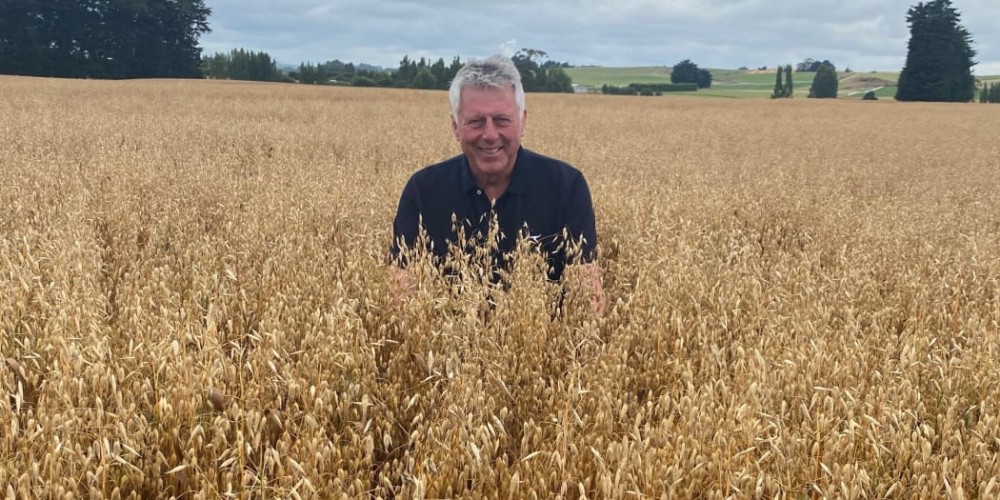
A Scottish expert in agronomy suggests that New Zealand farmers should receive credits for sequestering soil carbon, a practice not currently recognized under the existing Emissions Trading Scheme (ETS). While the government is contemplating improvements to the ETS, including the consideration of methods beyond forestry, such as on-farm sequestration and blue carbon, soil carbon sequestration may become a viable option.
Gordon Rennie, an oat grower and advisor for the Soil Association of Scotland, expressed surprise that New Zealand farmers cannot currently earn credits for enhancing soil carbon sequestration, unlike their counterparts in the United Kingdom. He emphasizes the global potential of soils to sequester large amounts of carbon and advocates for recognizing the value of grassland in carbon sequestration, provided it is managed appropriately.
Rennie encourages farmers to measure soil carbon, implement practices to increase organic matter (such as adding herbal mixes and reducing ploughing), and optimize soil pH to promote nutrient efficiency. He cites an example of a livestock farm in Scotland that achieved carbon neutrality by enhancing soil health, offsetting the emissions from its cattle.
Rennie believes that recognizing and rewarding farmers for regenerative practices is essential, as agricultural companies, including dairy cooperative Fonterra, are committing to net-zero goals. Fonterra aims for a 30% intensity reduction in on-farm emissions by 2030, acknowledging that collaboration with farmers is crucial to achieving net-zero targets.
Jonathan Brough Feb 28, 2024, 7:38 am
Greetings I was GM Parengarenga Incorporation, a 5900-hectare beef and lamb farm in Northland. There I introduced biochar made from pyrolising pine trim off forestry skid sites. We fed this directly to our stock. We reduced the need for anthelmintics and achieved significant weight gain across Angus weaners and Texel cross lambs. The Australian scientists directed me to several research findings showing that by using biochar as a feed supplement we were also reducing GHG emissions and assisting a positive Carbon sequestration mechanism. Recent work on a farm at Reporoa has shown yet again, that biochar when fed as a supplement to weaner heifers reduces the need for drenching (for intestinal worm) and achieves significant weight gain. This same farmer is now moving to a total dairy cow 300-day field trial to reproduce the work of Mellissa Rebbeck, Chairperson of ANZBIG, where she fed biochar to dairy cows achieving 400ml of additional milk and 28 gms milk solids daily. The two pieces of work we are now positioning alongside this are (a) the changes in digestion in a ruminant when fed biochar and (b) the GHG emissions changes as biochar becomes a greater part of the humus layer. There is no ONE answer to the GHG story or to Carbon sequestration. The beauty of biochar is that the farmer sees a financial return through reduction in farm costs and increased revenue, in Year 1. Our work will now also incorporate a focus on producing a biochar drench to assist with drench resistance issues in our pastoral sector. Between regenerative farming and use of biochar, we can move a long way to increasing NZ export earnings, achieving our GHG and climate change objectives whilst assisting the farming community grow their net profit in the short term and their farm productivity in the medium term.
Leave a comment
All comments are reviewed before they are published on the website. Your email address will not be published.
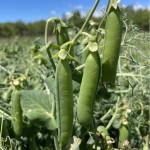
Carbon Positive Trial Update – February 2025
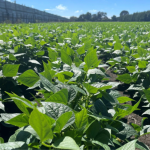
Carbon Positive Update

Community Engagement and Knowledge Sharing Strengthen the Carbon Positive Project
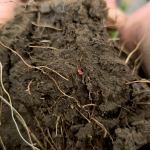
Are We Changing Soil Carbon Yet? Three Years In, the Jury’s Still Out

Farewell to Trustee Phil Schofield – A Foundational Leader of the HBFFCT
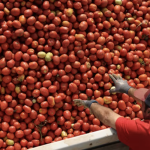

Join the conversation